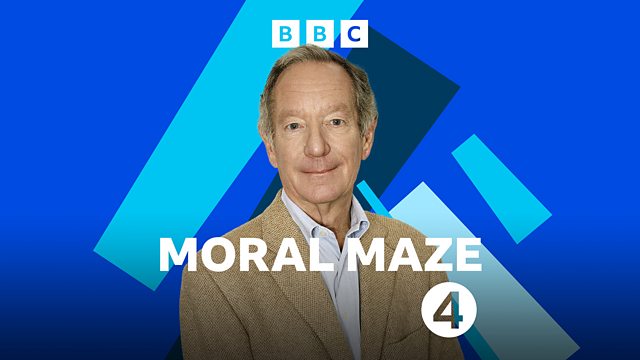D-Day 75th Anniversary
Combative, provocative and engaging debate chaired by Michael Buerk. With Anne McElvoy, Giles Fraser, Matthew Taylor and Michael Portillo.
The Allied invasion of Normandy, 75 years ago, was the biggest land, air and naval operation in history. It led to the liberation of Europe from Nazi control and was the galvanising moment of the age, but it came at a cost that is almost unimaginable: at least 2,700 British soldiers, sailors and airmen lost their lives in the first 24 hours. Their sacrifice ensured that later generations would enjoy a lifetime of peace in Europe. Very few people in Britain today, other than military professionals, have ever worried about having to fight a war. Does that collective comfort also mean that we would be incapable of answering the same call? It is instructive to consider how society has changed in 75 years of peacetime - in particular our loss of deference. Some say that’s a good thing; it empowers us to stand up to institutions on behalf of the marginalised and the oppressed. Others, however, lament the erosion of the national virtues – duty, self-sacrifice, respect for our leaders – that made D-Day possible. As the author David Brooks put it, we’ve moved as a society from “We’re all in this together” to “I’m free to be myself”. And what of the nature of warfare itself? In 1944, though the cost to human life was enormous, it was a straightforward fight with a uniformed enemy led by villains. Conversely, modern, surgical warfare kills fewer people but is more remote and, according to its critics, further blurs the distinction between soldiers and civilians. What does D-Day teach us about how we might judge ourselves morally against our forebears?
Producer: Dan Tierney
Last on
Broadcast
- Wed 5 Jun 2019 20:00����ý Radio 4
Podcast
-
![]()
Moral Maze
Live debate examining the moral issues behind one of the week's news stories. #moralmaze



